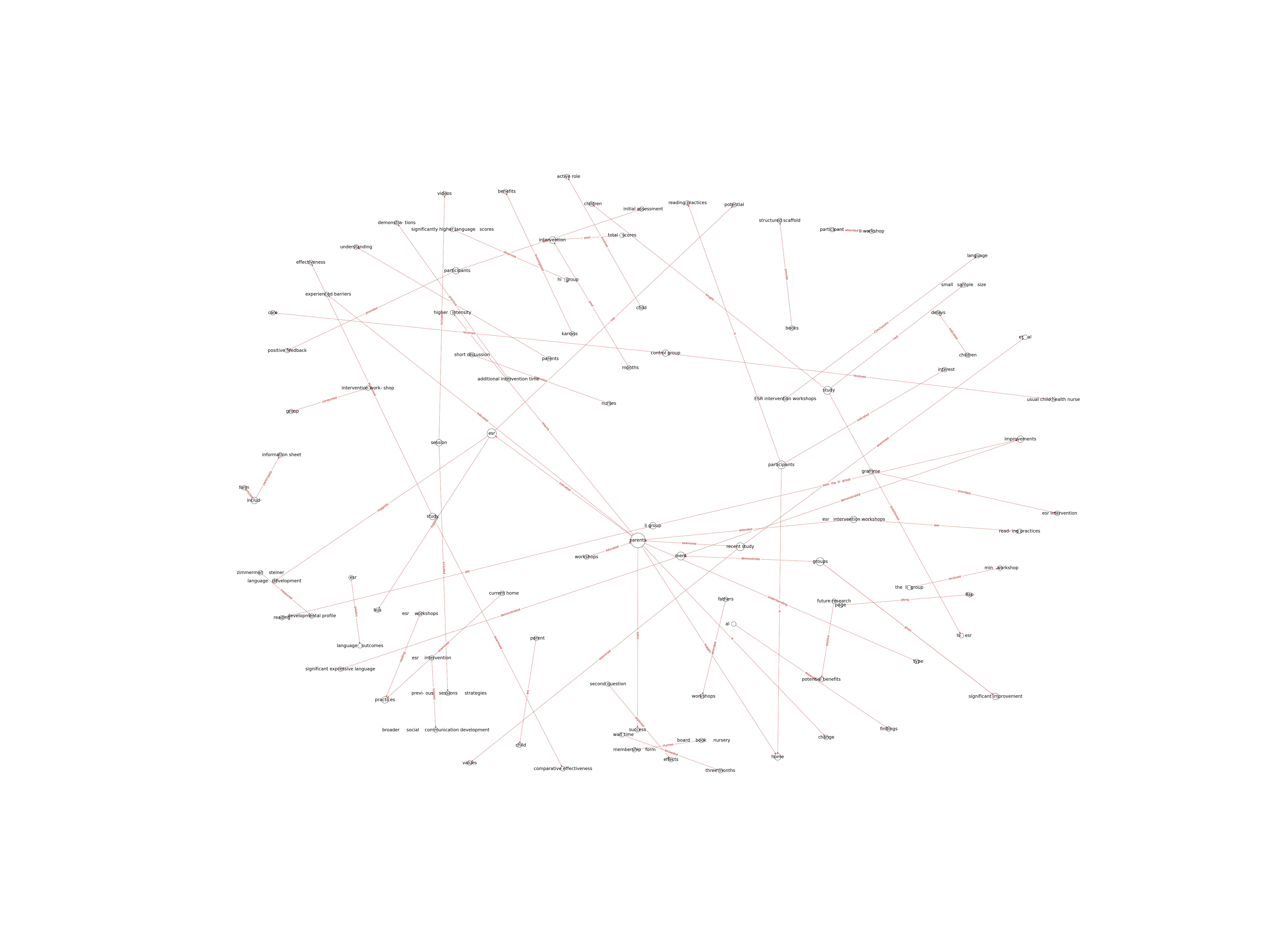| Id | 172 | |
| Author | Brown, M.I.; Westerveld, M.F.; Trembath, D.; Gillon, G.T. | |
| Title | Promoting language and social communication development in babies through an early storybook reading intervention | |
| Reference | Brown MI, Westerveld MF, Trembath D, Gillon GT. Promoting language and social communication development in babies through an early storybook reading intervention. Int J Speech Lang Pathol. 2018;20(3):337–49 |
|
| Keywords | early storybook reading; language development; social communication; babies and young children; parent training workshops; social benefits of book |
|
| Link to article | https://doi.org/10.1080/17549507.2017.1406988 |
|
| Abstract | Purpose: This study examined the effectiveness of low- and high-intensity early storybook reading (ESR) intervention workshops delivered to parents for promoting their babies language and social communication development. These workshops educated parents on how to provide a stimulating home reading environment and engage in parent–child interactions during ESR.
Method: Parent–child dyads (n = 32); child age: 3–12 months, were assigned into two intervention conditions: low and high intensity (LI versus HI) groups. Both groups received the same ESR strategies; however, the HI group received additional intervention time, demonstrations and support. Outcome measures were assessed pre-intervention, one and three months post-intervention and when the child turned 2 years of age.
Result: A significant time–group interaction with increased performance in the HI group was observed for language scores immediately post-intervention (p = 0.007) and at 2-years-of-age (p = 0.022). Significantly higher broader social communication scores were associated with the HI group at each of the time points (p = 0.018, p = 0.001 and p = 0.021, respectively). Simple main effect revealed that both groups demonstrated a significant improvement in language, broader social communication and home reading practices scores.
Conclusions: ESR intervention workshops may promote language and broader social communication skills. The HI ESR intervention workshop was associated with significantly higher language and broader social communication scores." |
|
| Metodology | An experimental pre-test, post-test comparison group design was utilised. Thirty-two parent–child dyads participated and were assigned to two intervention conditions: HI group (n = 17) and LI group (n = 15). Participants were recruited through child health nurses, playgroups, childcare centres and libraries. The intervention consisted of parent training workshop/s. The HI group received six, 45 min sessions (4.5 h of intervention), which included a practice and consolidation session. Each session included videos and demonstrations of each reading strategy as well as consolidation of the previous session’s strategies. Reading records were completed by the HI group, for a total of 12 weeks, following the intervention. Personalised feedback was provided to the HI group throughout the study. The LI group received a 90 min workshop containing the same ESR strategies that the HI group received. The LI group was not provided with videos and demonstrations for each of the strategies. A practice session was also not provided. |
Technique | questionnaire; controlled trial; PLS-5; CSBS; two-way mixed ANOVA |

Note: Due to lack of computing power, results have been previously created and saved in database


